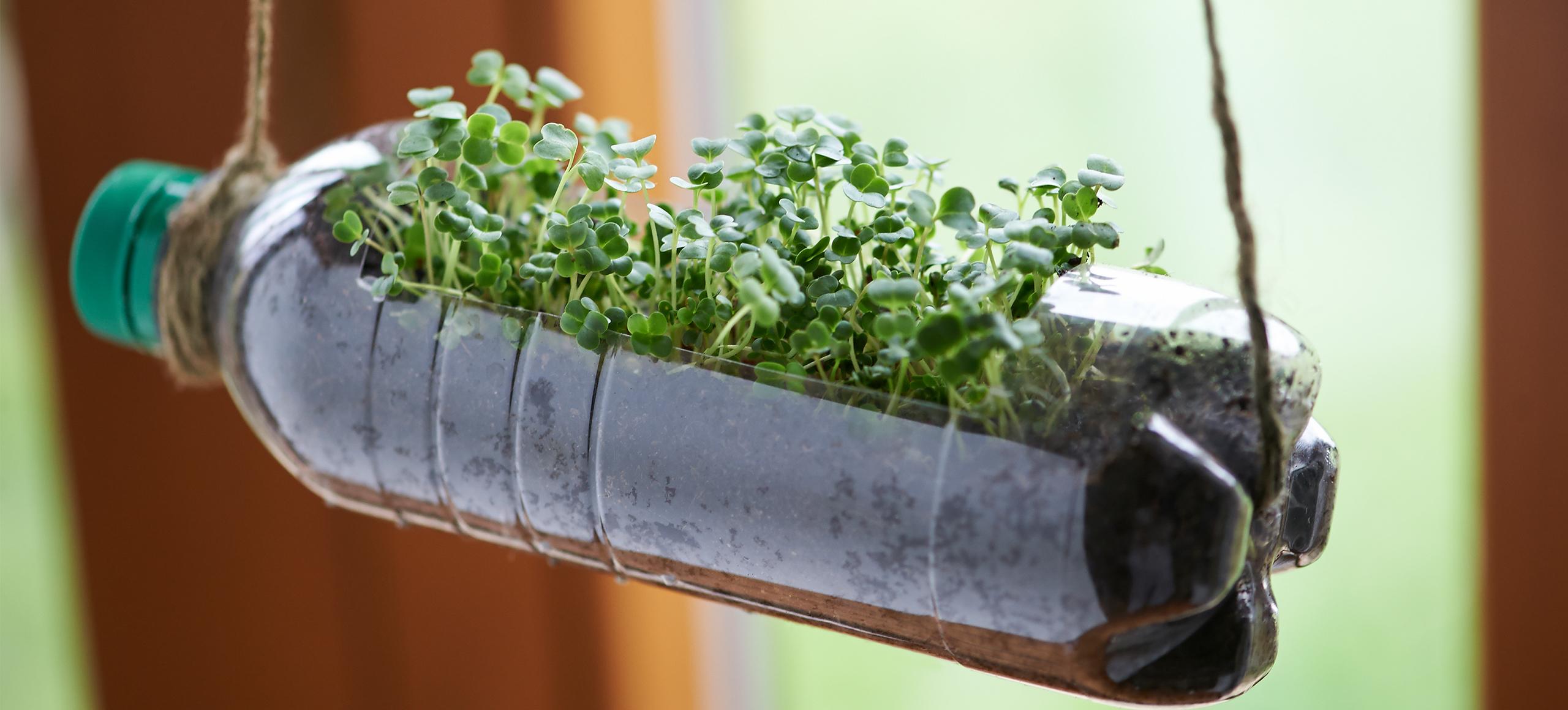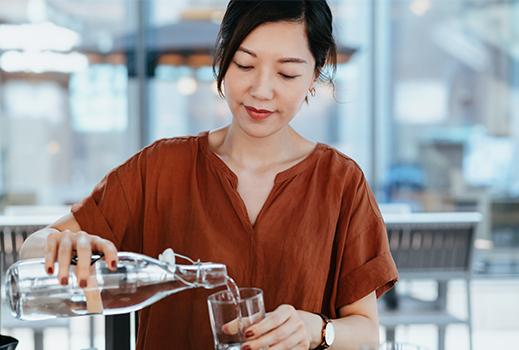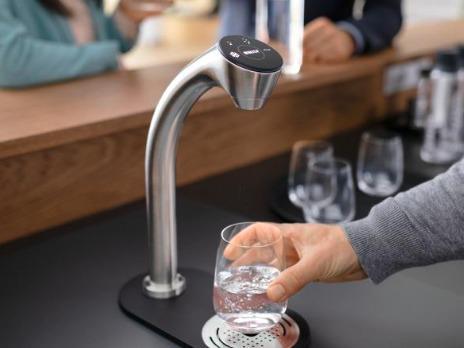Plastic bottles are made of a petroleum product called polyethene terephthalate. They can be recycled and reused numerous times. But when plastic bottles are not recycled, it takes over 1000 years to biodegrade in our oceans and landfills, causing pollution that harms plants, animals, and the environment as a whole.
Even if the plastic bottle might eventually break down, the harmful chemicals from the plastic can pollute soil and water sources and potentially cause health problems for humans and animals. As plastic breaks down into microplastics, it may be small enough for fish to absorb the toxins through their gills. The Center of Biological Diversity, fish in the North Pacific ingest 12,000 to 24,000 tons of plastic each year, which can cause intestinal injury and death and transfer plastic up the food chain to bigger fish, marine mammals, and human seafood eaters.
Even if these bits of plastic are not consumed through the food chain, they do not disappear. If they're released into an environment with no or little human activity, they can remain in the ecosystem indefinitely. As you see, plastic pollution becomes a huge issue when we don't recycle our single-use plastic bottles.






